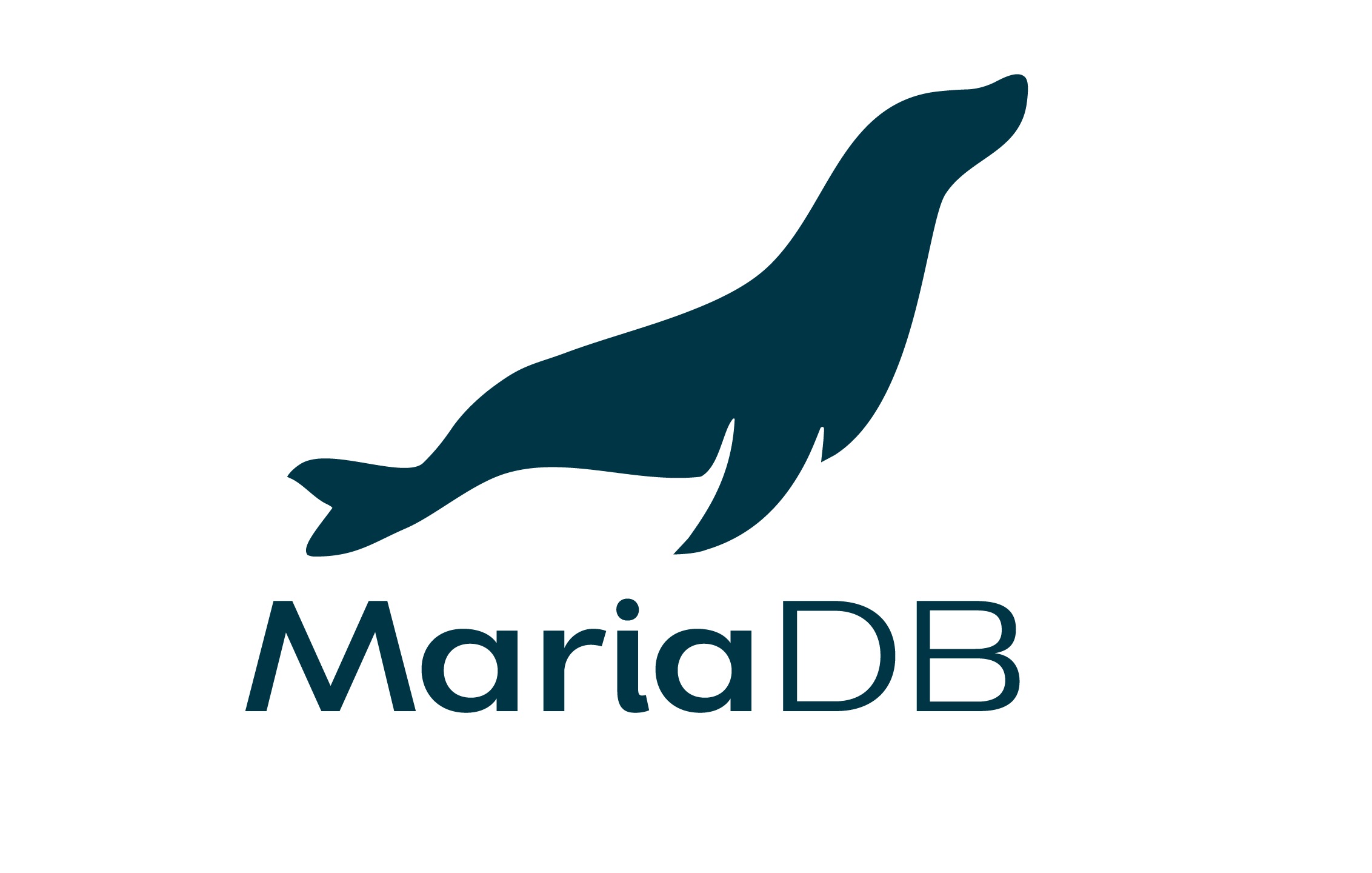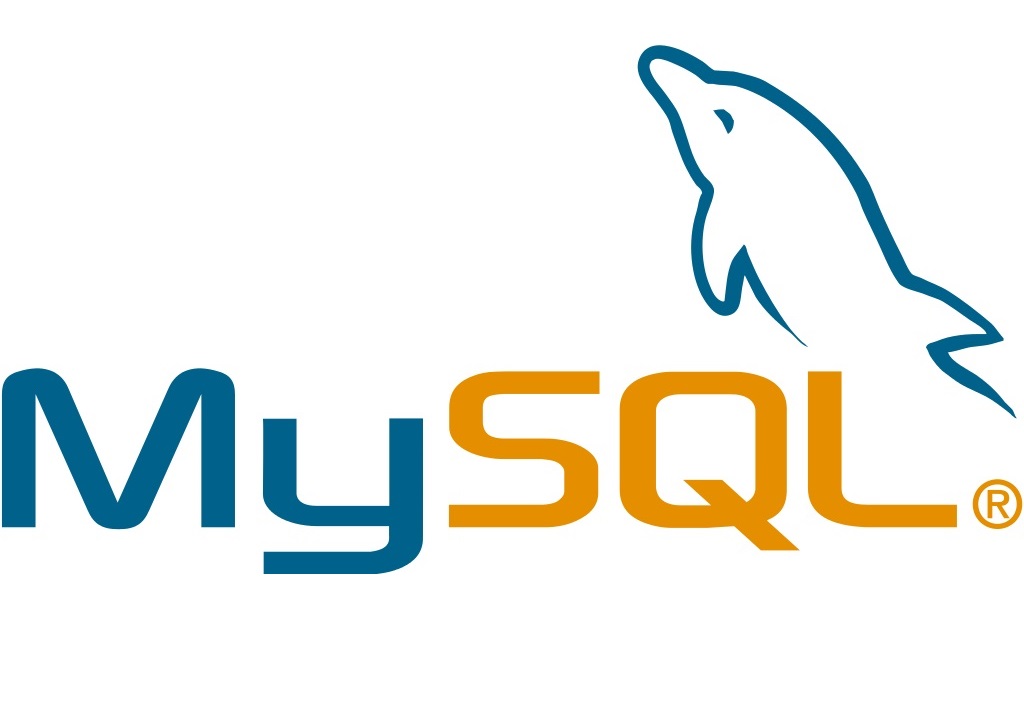Everything about Microsoft SQL Server
Published
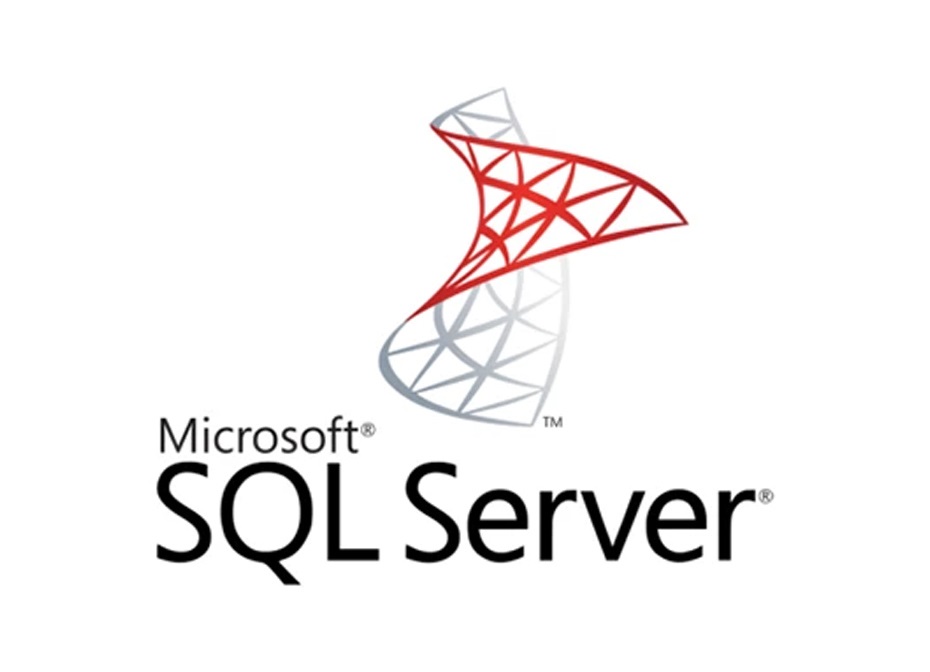
Microsoft SQL Server is a relational database management system developed by Microsoft. It is one of the most widely used database management systems in the world and is used by companies of all sizes to store, manage and analyze large amounts of data.
If you want to refresh your SQL knowledge or even further expand it, we recommend you Skillshare as a learning platform.
The Microsoft SQL Server allows users to create and manage relational databases to store and retrieve data efficiently. It also offers powerful data analysis and visualization tools that enable users to extract important information from their data.
Microsoft SQL Server is available in different editions tailored to the needs of companies of all sizes. Editions include Enterprise Edition, Standard Edition, and Express Edition, which is available free of charge and is suitable for smaller database applications.
Key features of Microsoft SQL Server include transaction support, enterprise data integration, security and privacy features, scalability, and performance optimization.
How performant is Microsoft SQL Server?
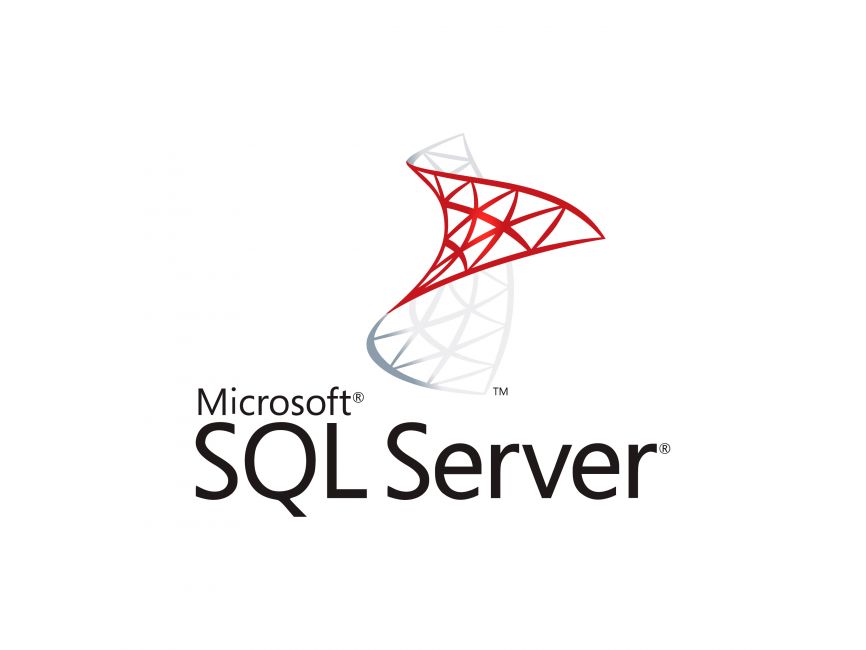
Those : logowik.com
The performance of Microsoft SQL Server depends on various factors, including the hardware used, the database size and complexity, and the configuration and optimization of the server.
As a rule, Microsoft applies SQL Server, however, as a powerful database management system capable of storing and retrieving large amounts of data efficiently. The performance of Microsoft SQL Server can be optimized through various techniques such as indexing, partitioning and caching.
Additionally, Microsoft SQL Server offers various performance optimization features such as automatic statistics updating, parallel processing, and in-memory technologies to improve performance and make queries faster.
However, the exact performance of the Microsoft SQL Server always depends on the individual requirements and configuration of the server. To achieve the best performance, it is important to configure the server correctly and to monitor and optimize it regularly.
What sets Microsoft SQL Server apart?
Microsoft SQL Server is characterized by a variety of features that make it a powerful and versatile database management system. Here are some of the key features:
- Transaction Support: Microsoft SQL Server provides a reliable and secure way to perform transactions to ensure database integrity and consistency.
- Scalability: Microsoft SQL Server is capable of managing large amounts of data and scaling to meet the needs of businesses of all sizes.
- Security and privacy features: Microsoft SQL Server offers a range of security and privacy features, such as Active Directory integration, encryption technologies and access controls, to protect data and ensure compliance with data protection laws.
- Business Intelligence Integration: Microsoft SQL Server provides integrated business intelligence tools such as Reporting Services, Analysis Services, and Integration Services to facilitate data analysis and reporting.
- Cloud Integration: Microsoft SQL Server is fully integrated into the Azure cloud platform, giving businesses the ability to store and manage data in the cloud.
- Performance Optimization: Microsoft SQL Server provides various performance optimization features such as automatic statistics update, parallel processing, and in-memory technologies to improve query performance.
These features make Microsoft SQL Server an attractive choice for companies of all sizes that require a powerful, reliable, and scalable database management solution.
What systems is Microsoft SQL Server compatible with?
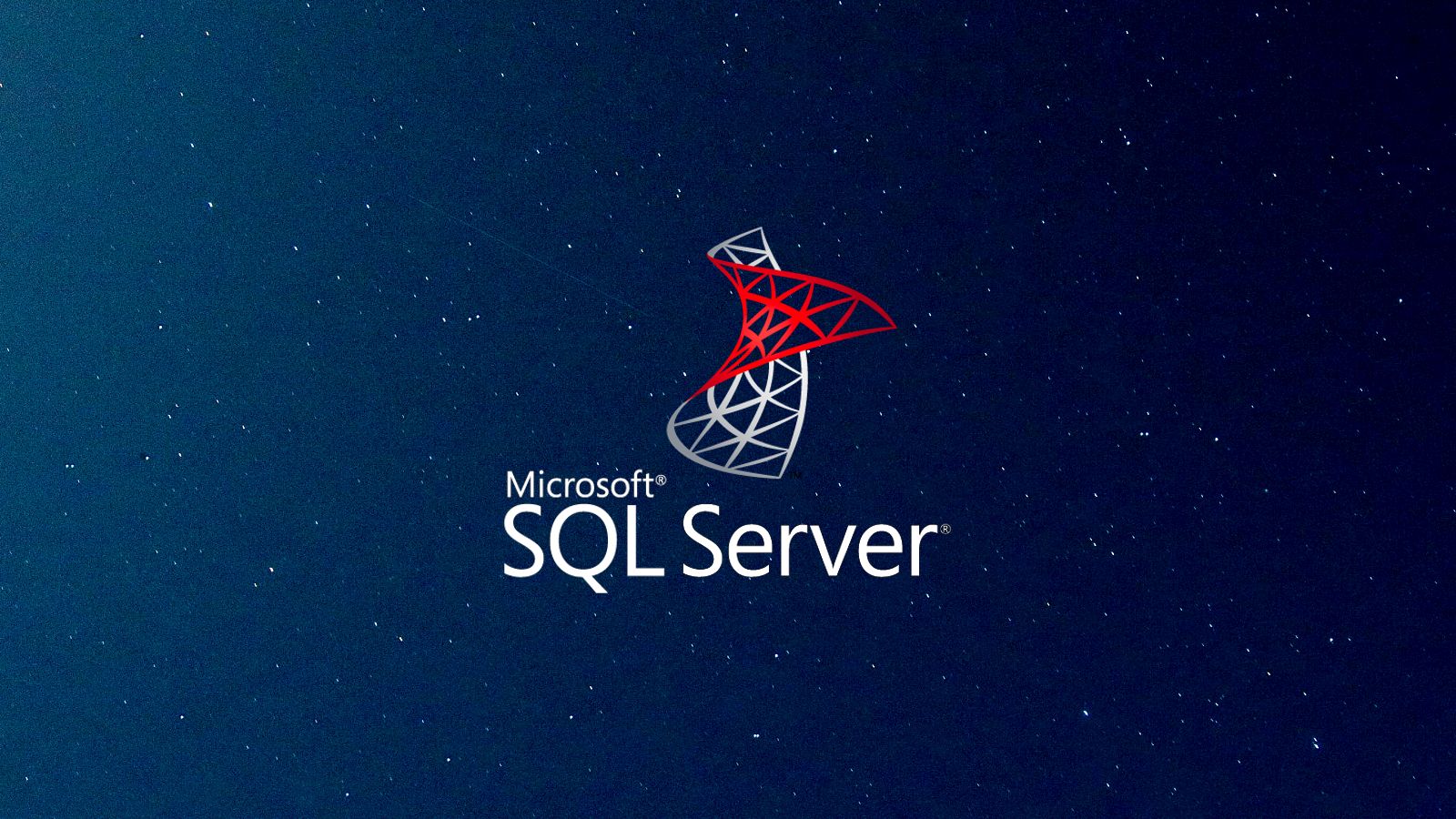
Those : bleepingcomputer.com
Microsoft SQL Server is compatible with a wide range of systems and applications. Here are some of the most important ones:
- Microsoft Platforms: Microsoft SQL Server is natively integrated into Microsoft platforms, including Windows Server and Azure Cloud-Plattform.
- Development environments: Microsoft SQL Server can be used in various development environments such as Visual Studio, .NET Framework and Microsoft Access.
- Business Applications: Microsoft SQL Server is compatible with a variety of business applications including Microsoft Dynamics, SharePoint and Office applications.
- Business Intelligence Tools: Microsoft SQL Server can be integrated with a number of business intelligence tools, such as Power BI, Tableau and QlikView.
- Open Source Platforms: The Microsoft SQL Server also provides support for open source platforms and tools like Linux , Docker and Kubernetes.
This compatibility with various systems and applications makes Microsoft SQL Server a flexible and versatile database management solution that can be used in various environments.
Which companies use Microsoft SQL Server?
Microsoft SQL Server is used by a large number of companies worldwide. Here are some examples:
- Airbus: Aircraft manufacturer Airbus uses Microsoft SQL Server to integrate data from various sources and improve the performance of its manufacturing processes.
- Coca-Cola: Beverage manufacturer Coca-Cola uses Microsoft SQL Server for data storage and analysis in various areas, including marketing, sales and customer service.
- BMW: Automobile manufacturer BMW uses Microsoft SQL Server to manage data in various applications, including e-commerce platforms and customer relationship management systems.
- Walmart: Retailer Walmart uses Microsoft SQL Server to manage its vast data assets to improve operational efficiency and make informed business decisions.
- Siemens: Technology company Siemens uses Microsoft SQL Server to manage data in various applications, including manufacturing, quality assurance and product development.
These companies are just a few examples of the variety of industries that use Microsoft SQL Server to manage and analyze data.
What's the difference between Microsoft SQL Server and MySQL?
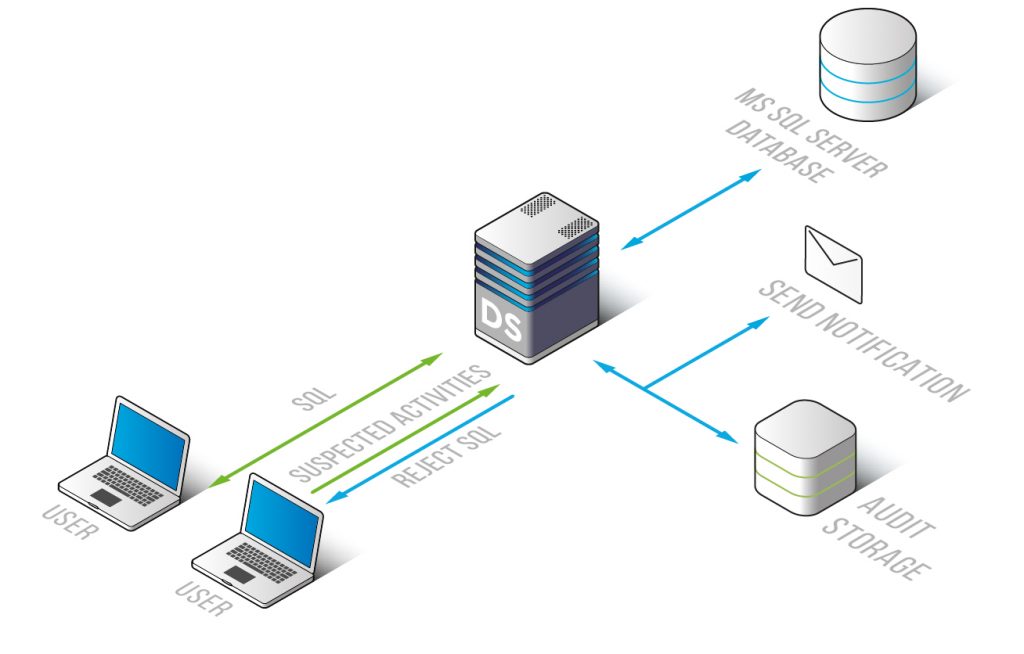
Those : datasunrise.com
Microsoft SQL Server und MySQL are both relational database management systems (RDBMS), but differ in terms of their features, performance and licensing.
- Licensing: Microsoft SQL Server is a commercial database management system that requires a paid license, while MySQL is an open source database available under the GNU General Public License.
- Features: Microsoft SQL Server offers more advanced features compared to MySQL, such as: B. Support for advanced data analysis, business intelligence and machine learning. Microsoft SQL Server also offers better integration with other Microsoft products, such as Visual Studio and Azure cloud services. However, MySQL has a simpler and more streamlined architecture that makes it easier to install and use for smaller applications.
- Performance: In terms of performance, both Microsoft SQL Server and MySQL can handle large data sets and busy websites, but Microsoft SQL Server is generally better for complex queries and larger databases, while MySQL is faster for simple queries and smaller databases .
- Platform Support: Microsoft SQL Server is primarily designed for the Windows operating system but also supports Linux and macOS, while MySQL is cross-platform and can run on Windows, Linux and macOS.
In summary, Microsoft SQL Server and MySQL are both powerful database management systems, but Microsoft SQL Server offers advanced features and better performance for larger and more complex applications, while MySQL is easier to use and better suited for smaller applications. The choice between the two systems largely depends on the specific requirements of the application and the organization's budget.

